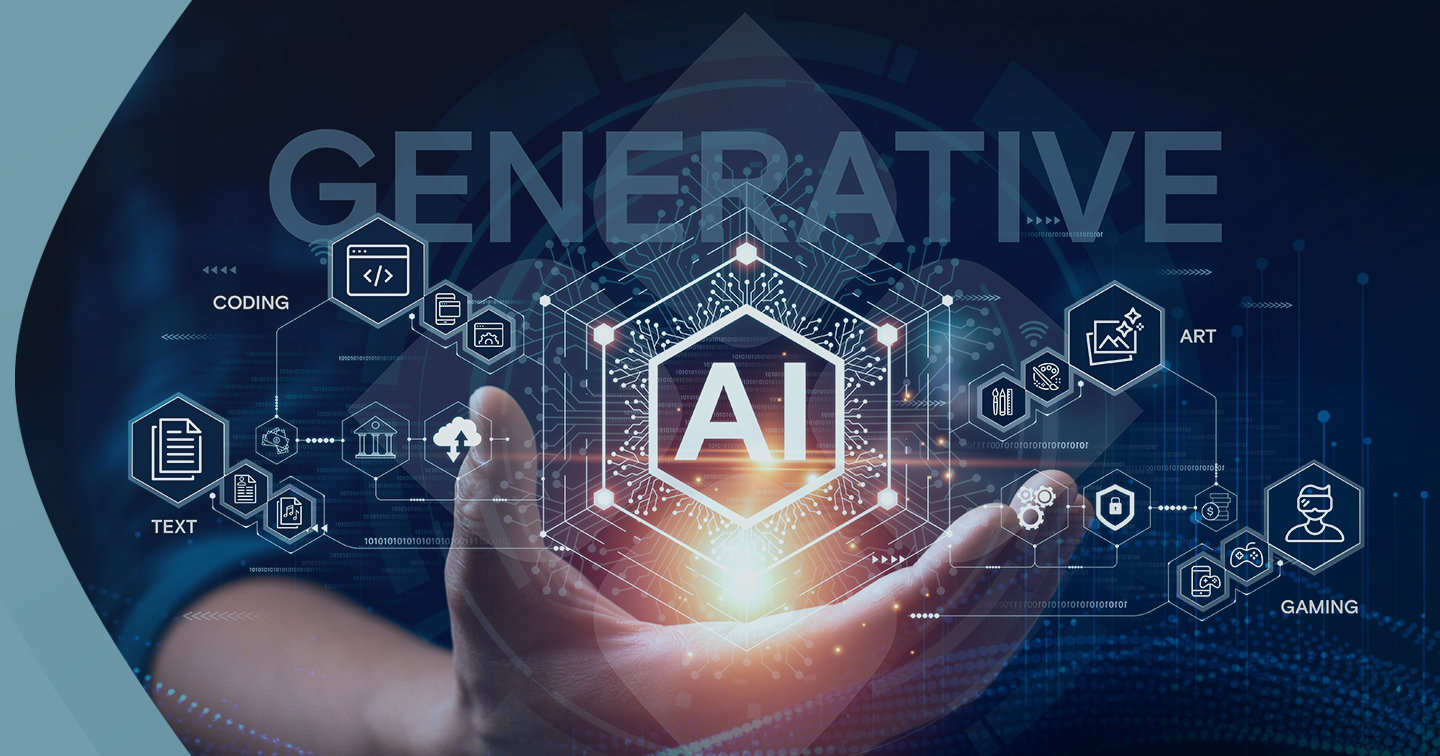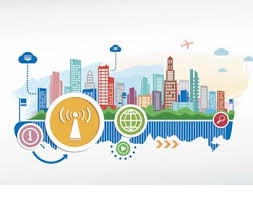The healthcare industry is undergoing a profound transformation, driven by advancements in technology. Among these, Generative AI Consulting is emerging as a pivotal tool in reshaping healthcare decision-making. In this blog post, we will explore the role of Generative AI Consulting in healthcare, its impact on decision-making processes, and the potential it holds for the future of healthcare.
Understanding Generative AI Consulting
Before delving into its applications in healthcare, let’s first understand what Generative AI Consulting is.
Generative AI: Generative Artificial Intelligence is a subset of AI that focuses on generating data, content, or even decisions, often in the form of text, images, or other media. Unlike traditional AI, which relies on predefined rules and patterns, generative AI uses algorithms and neural networks to generate content that can be highly creative and contextually relevant.
Consulting: Consulting, in the context of AI, refers to the process of using AI tools and expertise to provide guidance, recommendations, and solutions to complex problems.
When these two concepts converge, Generative AI Consulting in healthcare becomes a powerful tool for driving innovation and improving decision-making processes.
AI in Healthcare: A Transformative Force
Artificial Intelligence (AI) has already established itself as a transformative force in healthcare. The ability to analyze vast datasets, recognize patterns, and make predictions has proven invaluable in various aspects of healthcare, including disease diagnosis, drug discovery, and patient management.
Here are some key areas where AI has made significant inroads in healthcare:
1. Disease Diagnosis and Prediction
AI-driven algorithms can analyze medical images, such as X-rays, MRIs, and CT scans, with incredible accuracy. This enables early detection of diseases like cancer, enabling timely intervention and improving patient outcomes.
2. Drug Discovery
AI accelerates drug discovery by analyzing the vast amounts of data related to molecular structures, drug interactions, and clinical trial results. This has the potential to revolutionize the pharmaceutical industry, making drug development faster and more cost-effective.
3. Personalized Medicine
AI can analyze a patient’s genetic makeup, medical history, and lifestyle data to tailor treatment plans that are highly personalized. This not only improves the effectiveness of treatment but also reduces side effects.
4. Healthcare Administration
Administrative tasks, such as appointment scheduling and medical billing, can be streamlined with AI-driven chatbots and automation, reducing administrative overhead and improving patient experience.
While these applications of AI have already demonstrated significant benefits, Generative AI Consulting takes healthcare decision-making to the next level.
Generative AI Consulting in Healthcare
Generative AI Consulting combines the creative and decision-making capabilities of generative AI with the expertise of healthcare professionals to address complex challenges. Here’s how it’s transforming healthcare decision-making:
1. Medical Documentation and Reporting
One of the most time-consuming tasks for healthcare professionals is documenting patient information and writing reports. Generative AI can assist in automating this process. For example, it can generate detailed patient reports based on electronic health records, freeing up healthcare providers to focus on patient care.
2. Medical Research and Literature Review
Staying updated with the latest medical research is essential for healthcare professionals. Generative AI can analyze and summarize vast volumes of medical literature, providing healthcare practitioners with concise summaries and recommendations. This not only saves time but also ensures that healthcare decisions are based on the most current information.
3. Drug Interaction Analysis
Generative AI can predict potential drug interactions by analyzing a patient’s medication history and medical records. This assists healthcare providers in making informed decisions about drug prescriptions, reducing the risk of adverse effects.
4. Treatment Plan Generation
In collaboration with healthcare professionals, Generative AI can assist in creating personalized treatment plans for patients. It takes into account the patient’s medical history, genetic data, and current health status to recommend the most effective treatments. This level of personalization can significantly improve patient outcomes.
5. Medical Imaging Interpretation
While AI has made great strides in medical image analysis, Generative AI Consulting adds a human touch. It allows radiologists and other healthcare professionals to collaborate with AI systems to interpret complex images and make accurate diagnoses.
6. Health Chatbots and Virtual Assistants
Generative AI-powered chatbots and virtual assistants are becoming increasingly sophisticated. They can interact with patients, answer their queries, and even schedule appointments. These AI-driven assistants enhance the patient experience and help healthcare facilities operate more efficiently.
The Ethical Considerations
While Generative AI Consulting holds great promise in healthcare decision-making, it also raises important ethical considerations. Here are a few key concerns:
1. Privacy and Data Security
Healthcare data is highly sensitive and must be protected. Generative AI Consulting systems must adhere to strict privacy and security standards to ensure patient data is not compromised.
2. Accountability
Determining accountability in cases of AI-generated errors or misjudgments can be challenging. Establishing clear guidelines and regulations for AI in healthcare is essential to address this issue.
3. Bias and Fairness
AI systems can inherit biases from the data they are trained on. It’s crucial to continuously monitor and mitigate bias in Generative AI Consulting to ensure fair and equitable healthcare decision-making.
The Future of Healthcare Decision-Making
As Generative AI Consulting continues to evolve, it is poised to become an integral part of healthcare decision-making. Here are some predictions for its future:
1. Enhanced Decision Support
Generative AI Consulting systems will provide healthcare professionals with real-time, data-driven insights and recommendations, empowering them to make more informed decisions.
2. Improved Patient Engagement
AI-powered chatbots and virtual assistants will play a more significant role in patient engagement, delivering personalized care plans, reminders, and health education.
3. Faster Drug Discovery
AI-driven drug discovery processes will accelerate, leading to the development of more effective treatments for a wide range of diseases.
4. Telemedicine Advancements
Generative AI will enable more accurate telemedicine consultations by assisting healthcare providers in diagnosing and treating patients remotely.
5. Ethical and Regulatory Frameworks
Governments and healthcare organizations will establish comprehensive ethical and regulatory frameworks to govern the use of Generative AI in healthcare, ensuring patient safety and data privacy.
Conclusion
Generative AI Consulting is a game-changer in healthcare decision-making. By combining the capabilities of AI with human expertise, it has the potential to revolutionize patient care, medical research, and the overall healthcare landscape. However, it’s essential to address the ethical concerns and establish robust regulatory frameworks to harness the full potential of this transformative technology. As we move forward, Generative AI Consulting will continue to shape the future of healthcare, making it more personalized, efficient, and effective for patients and healthcare providers alike.











